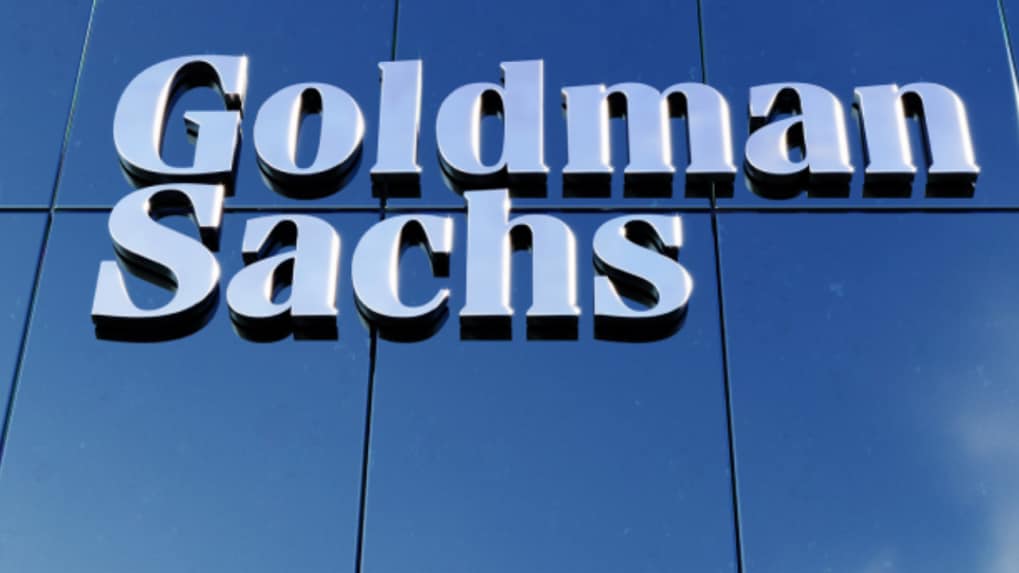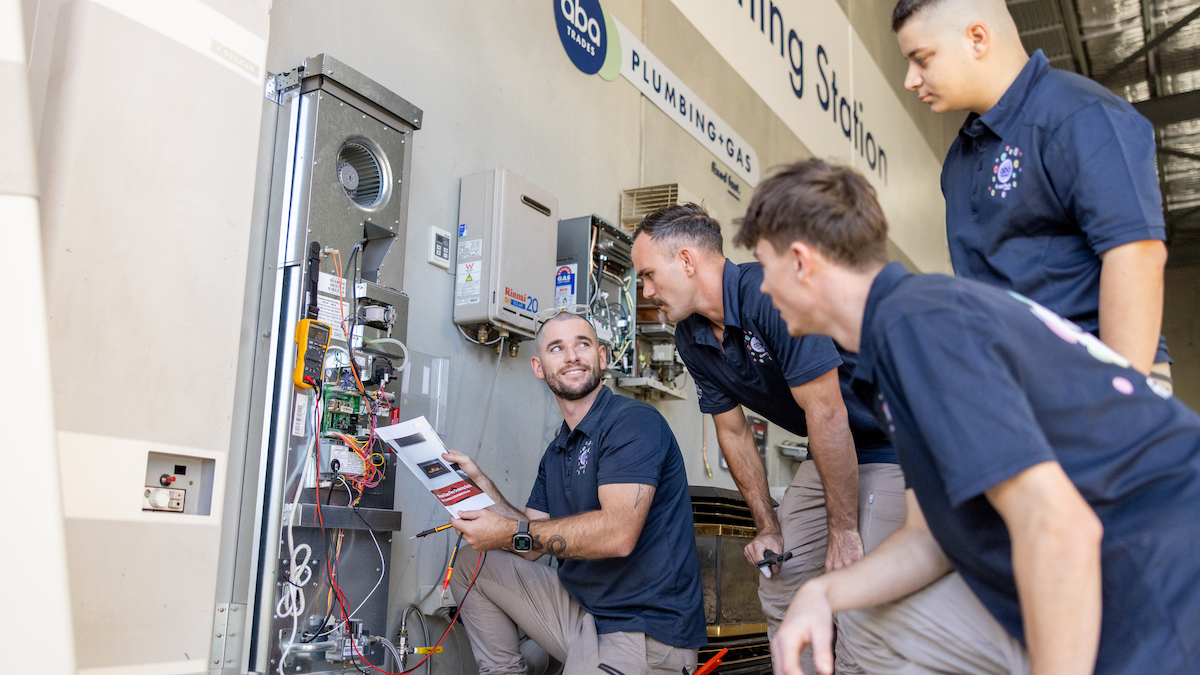

Bogi Nils Bogason and Hanna Katrín Friðriksson are in agreement.
Composite image/mbl.is/Eyþór/Karítas
Minister of Tourism Hanna Katrín Friðriksson and Bogi Nils Bogason, CEO of Icelandair, agree that Iceland must stop relying on crisis-driven marketing campaigns to promote the country abroad and instead focus on consistent, long-term marketing efforts.
Both spoke to mbl.is following the Icelandic Tourism Industry Day, held today at Harpa Concert Hall and Conference Centre.
Icelandair announced yesterday that it plans to reduce the number of flights to North America. Asked about the reasons, Bogason said:
“We’re just fine-tuning the route network as we always do, reviewing market conditions and adjusting accordingly. We’re seeing that the market across the Atlantic — the so-called VFR (visiting friends and relatives) market — is quite challenging.”
He added that the airline will increase flights to Scandinavia and Southern Europe, where the airline Play has previously been very active.
An investment that pays off
In recent years, Icelandair has invested heavily in marketing Iceland and the airline in North America. Asked whether the government should contribute more to such efforts, Bogason replied:
“In most of the countries around us, governments invest in marketing the destination itself, and then the tourism companies — such as airlines — follow up with their own sales and marketing efforts.”
He pointed to Norway as an example, where the government makes significant investments in promoting the country as a travel destination.
“There, it’s not treated as some sort of crisis measure, as we Icelanders have tended to do. It’s very important that the government changes this approach and includes annual investment in tourism marketing directly in the national budget. It’s an investment that pays off many times over.”
Warning signs ahead
In a separate interview with mbl.is, Hanna Katrín Friðriksson expressed similar views:
“There are warning signs ahead. Global conditions may be reducing the number of American tourists visiting Iceland — they’re at least booking their trips with shorter notice than before. And then, of course, there’s the strong Icelandic króna, which makes things difficult for this export industry, just like others. It’s simply become more expensive to come here,” she said.
“What we need now is to shift to a more continuous marketing approach. As I mentioned earlier, for an industry that depends on maintaining tourist interest, promotion shouldn’t be treated as an occasional emergency effort. It needs to be ongoing, with a clear vision of what we’re trying to achieve.”
link






